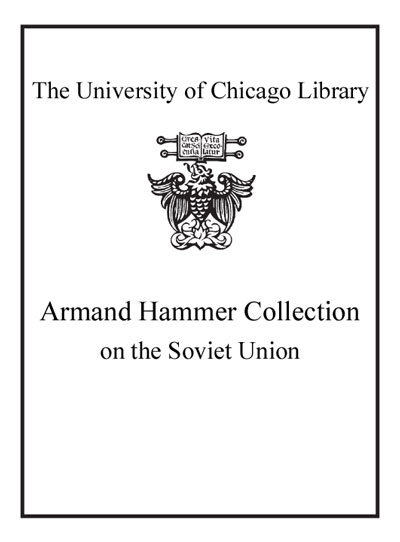| Summary: | "This book is inspired by recent scholarship that reexamines the dramatic changes affecting heterogeneous societies in late nineteenth century empires. It expands the analysis of transformation beyond conventional methods of studying failed empires--the emergence of ethnonationalism, sharpened class/gendered sectarian differences--and restates the need to guard against unnecessary anachronisms that have infused post-World War I state-centric historiography. The issues specific to the western Balkans constituted in 1820-1912 a confluence of autonomous, ever-shifting polities that constantly interacted with each other and the larger world in varying degrees through the filter of an Ottoman administration. Unlike other areas of southeastern Europe or the Mediterranean, though, the western Balkans in much of the last quarter of the nineteenth century were characterized by a unique administrative, cultural, and economic setting that led to a distinctive regional experience of modernity. This is partly why it would take the many competing interests in the post-Ottoman years to finally establish respective administrative regimes; this "delayed" incorporation into the nation state left most of the regions inhabitants in a kind of developmental black hole with respect to ethnonational and sectarian claims"--
|
|---|

